Book Review – July 2021
It may at first seem puzzling that Uwe Johnson, one of Germany’s most accomplished writers of the twentieth century, should spend the final ten years of his life in Sheerness on Kent’s Isle of Sheppey. But then, having lived out his childhood and young adult years on Germany’s Baltic coast, this low-lying island in the Thames estuary, a bleak and windswept place, must have seemed uncannily familiar. A kind of homecoming, even.
Not that Johnson ever really had a true home. He was born in German Pomerania, which became part Poland at the end of the Second World War. He spent much his childhood in Mecklenburg beside the Baltic, then studied at universities in Rostock and Leipzig. Because of his reluctance to follow the East German party line in the way he was expected to as a writer, Johnson moved to West Berlin. He was then denounced by some in the west for his failure to decry communism with sufficient vigour. Johnson then moved to the United States and, for two years in the 1960s, lived in New York City.
It was in New York that he completed the first three volumes of best known work, Anniversaries. Having become stuck on the fourth, and projected final, volume, Johnson felt the need to spend time in a quiet backwater where he could complete the project without any distractions. He moved to England and looked at properties in Surrey and Bexleyheath, but found both places too stiflingly suburban. But once he took the train to the charmingly-named Sheerness-on-Sea he knew that he had found the right place. It did not bother Johnson that the ‘on-sea’ bit was a misleading marketing ploy for this working-class town on the muddy Thames estuary. Shortly afterwards he bought a house overlooking the sea in Marine Parade, Sheerness.
Patrick Wright’s life also took him from one side of the Atlantic to the other. He spent part of his childhood in Kent before moving with his family across the Atlantic to spend several years in Canada. Later, his career as an academic, broadcaster and writer brought him back to the UK.
Sheerness has a reputation for being a run down, hard-drinking, Brexit-loving, black-economy-working, end-of-the-line town at the arse-end of the Thames. It has completely missed out on the gentrification that has descended on Whitstable and Margate further along the Kent coast. I’ve only been there once. When I was 11 or so we went by coach to stay with a former work-mate of my dad’s who had moved down there from London. As a child I can’t say I had any awareness of the dilapidated nature of the place; I was more taken with enjoying the beach, the chips, ice cream and a market stall I found with rack after rack of 45rpm singles. Sheerness also had a half-sunken WW2 ship just offshore which was packed with a cargo of high-explosives. Apparently the cargo was too unstable to risk moving and had the potential to cause untold damage over a wide radius were it to explode. For an 11-year old boy, what could be more exciting? The wreck was still there in Johnson’s time.
Patrick Wright has produced a work about Uwe Johnson concentrating on the last ten years of the writer’s life. It is also a book, a very detailed book, about Sheppey and Sheerness. Wright’s deep-dive research is evident on almost every page as he explores the history, topography and people of the island. Johnson read the local paper , the Sheerness Times Guardian, obsessively; seemingly trying to immerse himself in every facet of the life of his new home. As part of his research for this book, Wright does the same. But in his case he also reads the papers from the decades before and after Johnson’s time in Sheerness. Just like Johnson in Anniversaries, Wright records everything.
Johnson was not entirely marooned from literary life while in Kent. Wright refers to frequent trips to London, New York and Berlin. However, while in Sheerness his time followed a somewhat limited routine. He wrote and dealt with correspondence in the morning and ate the same lunch each day in a local café. His evenings were spent sitting at the bar in one or other of two local pubs, the Napier Tavern and the Sea View Hotel, steadily downing lager and smoking French cigarettes. To the locals, with whom he was happy to chat and to listen to their stories, he was known as ‘Charles’.
Towards the end of his time in Sheerness Johnson, always a difficult and exacting person to live with, became estranged from his wife and daughter. They moved out and, although they settled just a few streets from the former family home in Marine Parade, they rarely saw Johnson. Indeed, when he died alone at home in 1984, his body was not found for two weeks.
This weighty book is Patrick Wright’s labour of love and was seven years in the making. The result of his efforts is a satisfying work that does justice to both Uwe Johnson and to Sheerness.

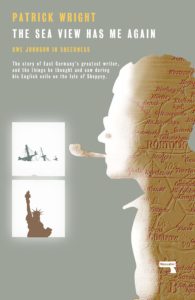
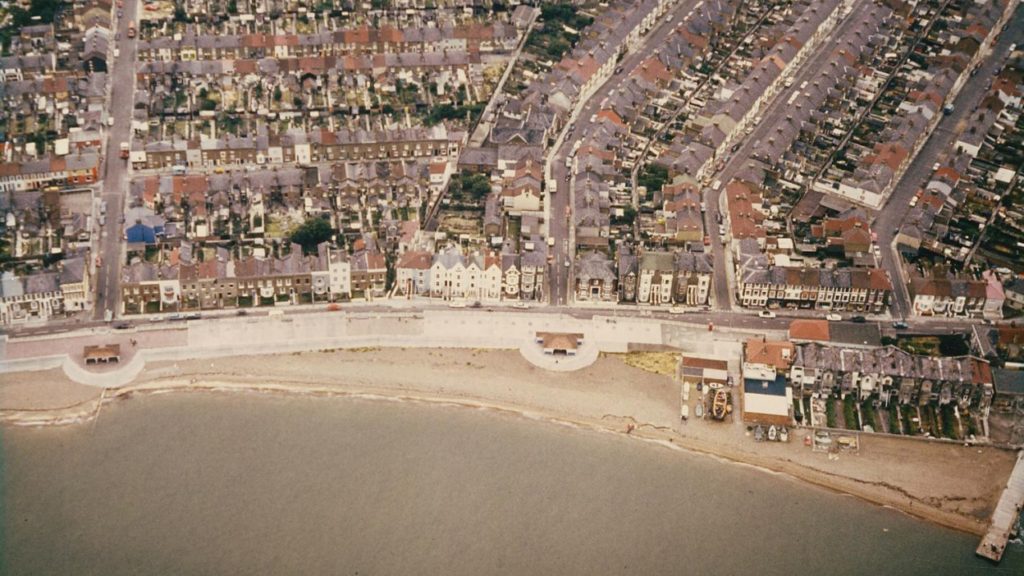
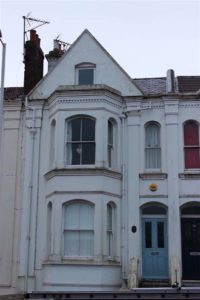
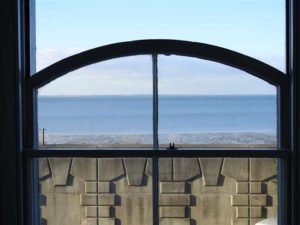
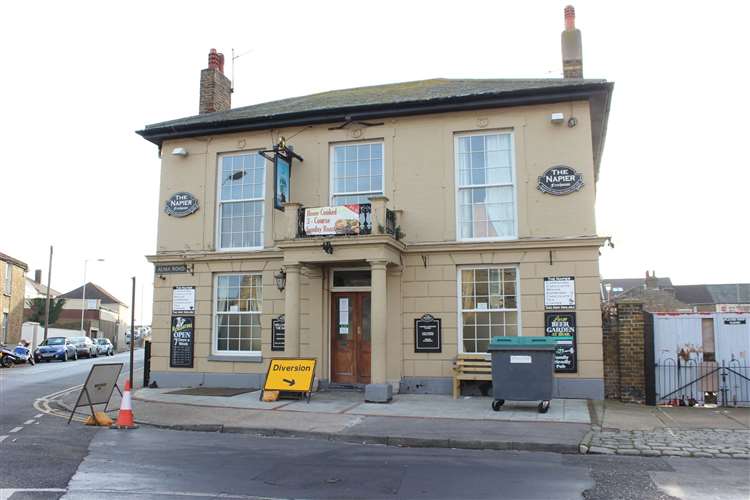
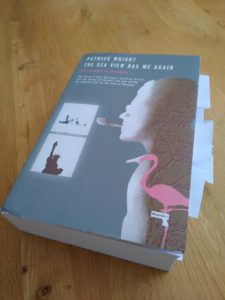
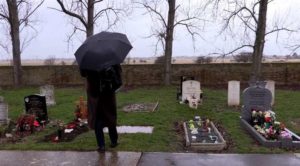
I read Anniversaries a couple of years ago and posted on it twice over at my place, and also participated in Trevor’s read along with comments on his Mookse and Gripes site. I found it an exciting experience, with its minute recording of the lives of foreigners in the metropolis of NYC – often mundane, even tedious, and shot through with the memories of their past lives in their homeland at a time of disaster. And of course NYC and the USA were going through their own crises when he wrote it. This account sounds fascinating – I’ll have to seek it out.
Thanks Simon. Your comments make me want to read Anniversaries even more now!